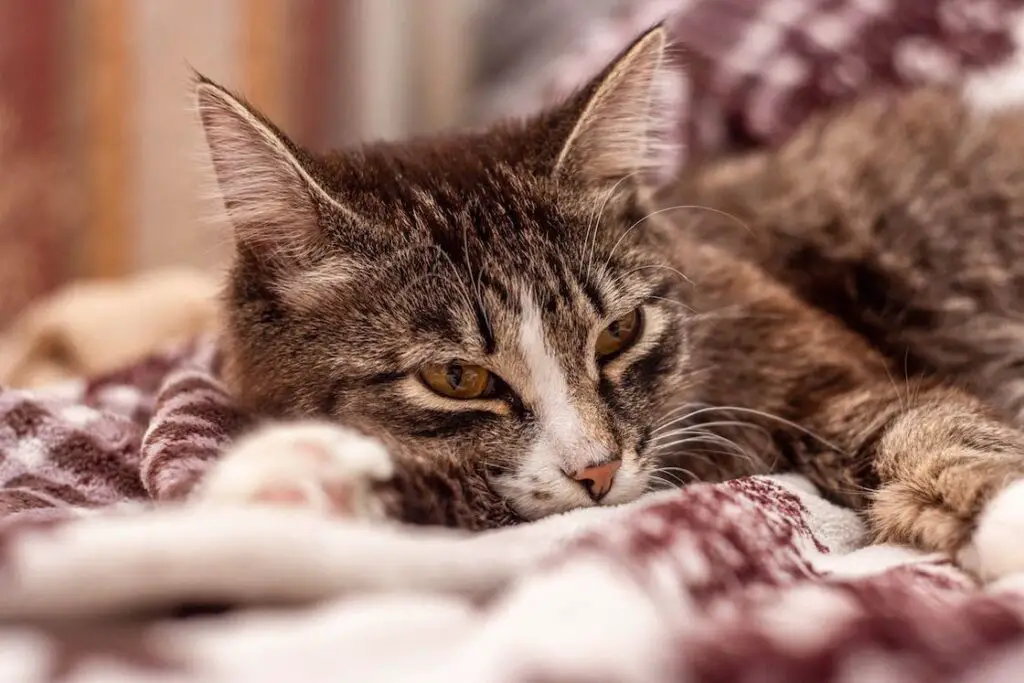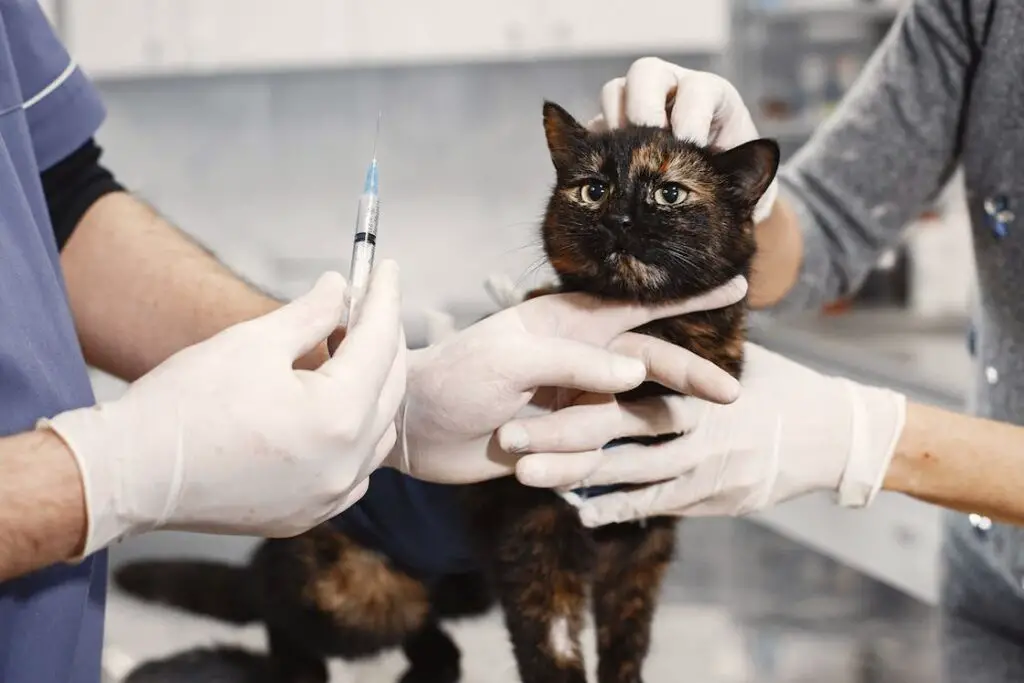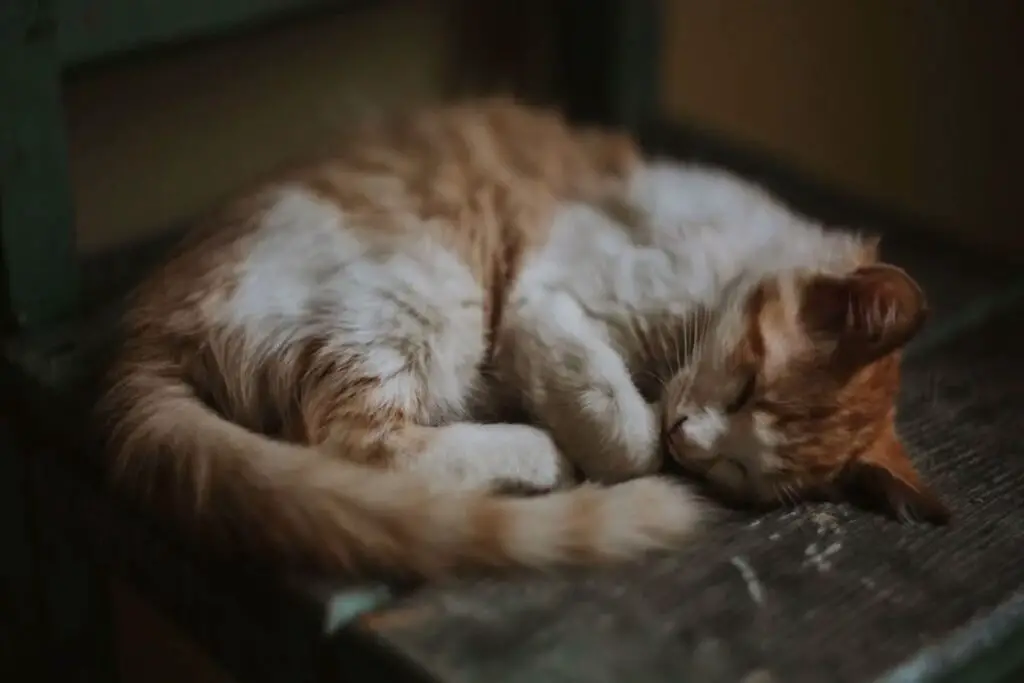Pet health should be the responsibility of the owners, and vaccination is a crucial component of preventative healthcare. So, what happens if you don’t vaccinate your cat? Find out what it means for you and your pet not to vaccinate cats, as well as any potential hazards.
What Happens if Your Cat Is Not Vaccinated?
If you don’t vaccinate your cat, its weak immune system may contract severe infectious diseases that can impact its life and, by extension, rake in hefty medical bills. Unvaccinated cats, especially younger ones, are more prone to passing on nasty particles and parasites to other pets in your area.
There are cat owners who wonder if it’s necessary to vaccinate their pets. Some worry about the side effects, while others believe cats can naturally fight diseases. As a show of love to your furry pet, it’s crucial you understand what can potentially happen if your cat doesn’t get immunized.
What Happens if You Don’t Give Cats Their Shots?
If cats do not receive their shots during kittenhood or even as they grow older, they may catch diseases easily. As a result, you might have to pay a lot for your pet’s medical care. In some states, failing to vaccinate cats may have legal consequences.
- Your cat may suffer from diseases: Airborne pollutants that pass through a window can expose even indoor cats to potentially lethal infections. Your pet may encounter other animals with health disorders while strolling at the mall or playing at a pet park.
- You may unconsciously bring home harmful pathogens: Know that when your cat is sick, as there are multiple ways that they can get sick due to exposure, even when staying at home. For instance, you may have accidentally stepped on the feces of other sick animals, bringing home harmful pathogens. You may not easily tell that your cats have fleas, as fleas and insects can cling to your clothes and leap onto your pet.
- You may spend more on veterinary bills: Vaccination can protect your pet’s health and, consequently, your wallet. You will eventually face high veterinary bills if your cat catches a preventable illness because you skipped immunization. You’ll have to spend more on a wellness plan and recovery treatment.
- You may face legal consequences: While California seeks to prevent rabies disease in humans and pets, there are no state-required cat vaccinations in California. However, this doesn’t mean you should skip vaccinating your pet against life-threatening illnesses. Veterinarians in California recommend that cats receive at least the rabies vaccine to help them thrive for years.
Can Cats Survive Without a Vaccine?
There are instances where cats survive without a vaccine, although this depends on their current health, lifestyle, nutrition, and environment. In contrast, if you bring unvaccinated kittens outside, they can get exposed to potential infections.
According to the American Association of Feline Practitioners, you must strike a balance when considering the risks and benefits of vaccinating cats.
For example, consider complete immunization if you have a young cat living with other cats or dogs in a household with outdoor access. Environmental risk factors, life stage, and lifestyle are factors that influence susceptibility to disease exposure.
What Are the Risks Associated With Cat Vaccines?
Like when people take medication or receive an immunization, mild side effects can appear in cats within a day or two. It can sometimes be tricky to know if these are only mild effects or if your cat requires urgent medical attention.
Be aware of the potential side effects of cat vaccination. Contact your veterinarian immediately if the symptoms persist.
- Swelling or redness in the injection area
- Hives or skin rashes
- Lameness
- Slight fever
- Vomiting
- Diarrhea
Is My Kitten Protected After the First Round of Shots?
Your kitten isn’t fully protected if it only has the initial round of shots. It must receive complete vaccination to get protection against diseases covered by the vaccines.
What Can I Do if My Cat Has Not Been Vaccinated?
While the symptoms mentioned above can happen after vaccination, the benefits still greatly outweigh the risks. If your cat has not been vaccinated yet, you’re risking more of its health and lifespan.
The best way to move forward is to bring your pet to a veterinarian for an initial examination and wellness checkup. From here, the veterinarian will determine the appropriate vaccine based on your cat’s age, breed, lifestyle, and existing medical conditions.
Secure the Core Vaccines
If your cat doesn’t get at least the core vaccines, its bodily functions may not defend itself against infectious diseases caused by bacteria or viruses.
- Rabies: Cats can transmit rabies through bites, saliva, scratches, and abrasion. Thus, giving rabies shots to your cat will protect both you and your cat.
- Panleukopenia or feline distemper: Distemper is a life-threatening viral disease that spreads quickly. It is one of the most prevalent infectious diseases in cats that cause neurological issues, blood disorders, and cancer. Feline panleukopenia has a fatality rate of 51% among adult cats and higher in kittens.
- Feline viral rhinotracheitis: This powerful vaccine protects cats against feline viral rhinotracheitis, calicivirus, and panleukopenia. If your cat doesn’t get the FVRCP vaccine, you’re risking exposure to severe upper respiratory infections.
Related Questions
How Often Should Cats Get Immunization?
A kitten’s vaccination is generally scheduled about a month apart, whereas adult cats may only need shots every one to three years. However, this depends on a veterinarian’s health assessment and your pet’s lifestyle.
Can You Vaccinate a Cat At Any Age?
Yes, you can vaccinate a cat at any age. Whether you plan to adopt an unvaccinated adult cat or a senior cat with incomplete immunization, you can still start over or continue an immunization program based on your vet’s recommendation.
Can Vaccinated Cats Get Sick From Unvaccinated Cats?
It’s highly unlikely for vaccinated cats to get sick from unvaccinated ones. Vaccines are highly effective, so vaccinated cats are most likely safe around unvaccinated or ill cats.
Conclusion
What can happen if your cat isn’t vaccinated depends on your decision as a pet owner. By skipping vaccinations, you could pay more for vet care and risk your cat contracting illnesses. With the help of your veterinarian, begin an immunization schedule right away to protect your cat from potentially fatal conditions.



